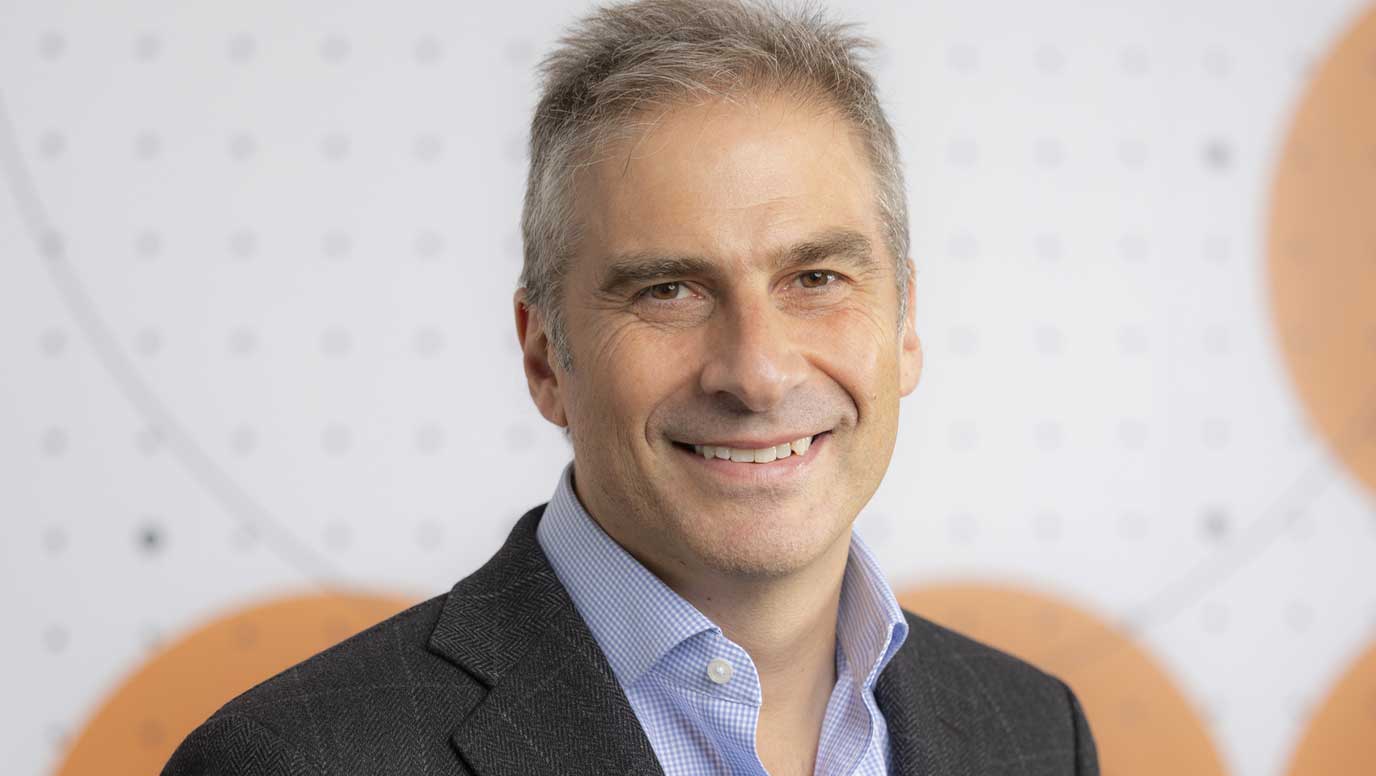Cambridge VC investment surges to $2.3bn as science-led innovation soars

Cambridge’ founders and venture scientists have reversed the wider declines in funding across Europe. Leading cities have seen funding fall – such as Stockholm (down 57 per cent to $2bn), London (-12 per cent to $11.3bn) and Berlin (-7.25per cent), while overall funding in DeepTech hubs including Cambridge is on the up, along with Oxford (up +1 per cent to $706 million), Zurich (+5.1 per cent to $990m) and Munich (+21 per cent to $2.9bn). This has driven the value of the Cambridge tech ecosystem to $222bn, up 16 per cent compared to last year, making it the second most-valuable tech ecosystem in the country.
The explosion in entrepreneurship across Cambridge means the city is now top globally for the number of Seed companies that mature to Series A - ahead of the Bay Area, Oxford and London.
Forty-one per cent of Cambridge tech companies reach Series A, compared to 40 per cent of startups for the Bay Area and 35 per cent and 33 per cent, respectively, for Oxford and London.
ROI for has increased too: Cambridge startups produce $17.7 in value for every dollar for VC invested, up from $16.9 last year.
This surge is set to continue in 2025 with Cambridge tech companies already raising $420m in VC funding so far this year. In particular, university spinouts such as Nyobolt ($30m) and Cambridge GaN Devices ($32m) raising breakout rounds to fund their ambitious goals.
Cambridge also remains one of the most important ecosystems for DeepTech, ranking third by DeepTech spinout value, behind Oxford and ETH Zurich.
Organisations such as Founders at the University of Cambridge, a transformational initiative supporting and accelerating University founders to achieve greater impact, were founded to propel Cambridge’s tech ecosystem to the next level by ensuring deep tech companies with a connection to the University have the guidance, support, mentoring and funding to have a global impact.
Last year’s inaugural programme saw 11 companies participate, including lithium-sulfur battery startup Molyon, which raised $4.6m co-led by IQ Capital and Plural. Several further companies in the cohort are collectively raising millions. Eight more companies have joined the Founders programme, tackling challenges from predicting dementia using AI, enabling novel cancer therapies and developing new quantum chips.
Gerard Grech, Managing Director of Founders at the University of Cambridge, said: "It’s inspiring to see Cambridge not just weathering global uncertainty but accelerating through it. While most regions saw venture funding fall, Cambridge doubled its VC investment – a clear sign of its tech and life sciences strength.
"But we can’t stop here. To get more venture scientists to breakout stage we need to back them with the right support – from mentoring and business development to funding. We’re making sure they have what they need to build the deep tech companies that will shape our future."
Yoram Wijngaarde, founder of Dealroom, said: “Cambridge continues to be a shining example in the European ecosystem, at the heart of New Palo Alto with its deep scientific and technological research heritage.
“Its success in producing global tech companies like Arm, Wayve and Quantinuum is inspiring the new cohort of founders. However, it cannot rest on its laurels. The Cambridge ecosystem needs to continue to grow and mature to improve the rate at which companies reach unicorn and exit stage so that it can remain globally competitive.”
Professor Dame Clare Grey, Co-Founder and Chief Scientist, Nyobolt; Royal Society Professor of Chemistry at Cambridge University, adds: “Cambridge provides unparalleled foundations for deep tech ventures with its unique international networks and expertise.
“We must maintain focus on our ultimate mission: transforming breakthrough science into scalable solutions that tackle universal challenges, particularly those that ensure a more sustainable future for all.”

